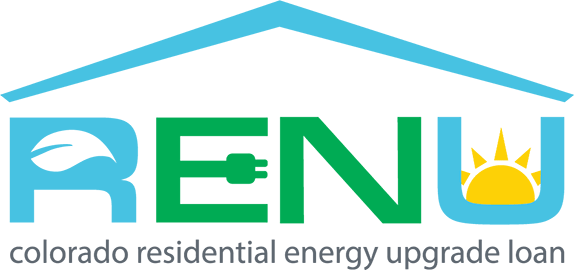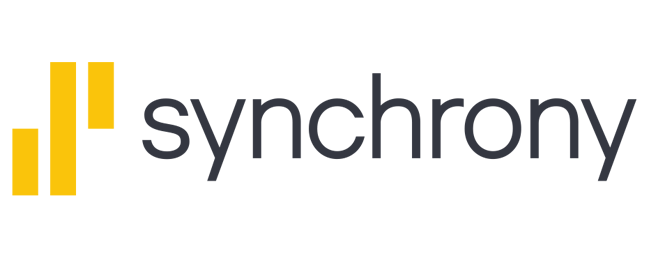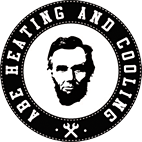“Abe's Heating and cooling were professional and on time. they helped me with two time sensitive projects and did excellent work. I know who I'll be calling if I should ever need an HVAC technician.”

Xcel Heat Pump Rebates
Heating and cooling your home in Colorado just got more affordable with the Xcel Energy heat pump rebate program. If you are in the market for a new air source heat pump (ASHP), ground source heat pump (GSHP), ductless mini-split heat pump system (MSHP), or heat pump water heater, Xcel Energy is committed to promoting energy-efficient heating solutions by offering substantial rebates to its Colorado customers.
Rebate amounts have tripled!
Rebate Requirements:
- You Must be an Xcel Customer
- You Must Use an Xcel Participating Contractor like ABE Heating and Cooling
- Qualifying Equipment Only
2026 Rebates Offered by Xcel Energy
Xcel is offering its customers rebates on air source heat pumps (ASHP), ground source heat pumps (GSHP), ductless mini-split heat pump systems (MSHP), and heat pump water heaters.
Air Source Heat Pump (ASHP)
Ducted, Non-Ducted, or Partially Ducted
$900 per cooling ton at 95° F
Cold-Climate Heat Pump (ccHP)
Ducted, Non-Ducted, or Partially Ducted
$2,250 per heating ton at 5° F
Heat Pump Water Heater
$2,250
Ground Source Heat Pump
$3,300 per heating ton
More Information
Are You Eligible for The Rebates?
To qualify for the rebates, you must hire an Xcel Participating Contractor – these are professionals vetted and approved by Xcel to install heat pump systems. Your chosen contractor will handle all the intricacies of the rebate process, ensuring a hassle-free experience for you. ABE Heating and Cooling is a participating contractor.
How to Claim Your Rebates
When it’s time to claim your rebates, there’s a fair bit of paperwork to prepare – installation date, equipment model numbers, and technical specs to verify efficiency, to name a few. But don’t worry; as a participating contractor ABE will handle this process for you and all we need is a few signature
When Can You Expect Your Xcel Energy Rebate?
Generally, there are two key steps: 1) the successful installation of your heat pump system, followed by 2) a waiting period of approximately 6-8 weeks. This is the usual timeframe for Xcel to process and send out rebate checks as of now.
With Xcel Energy’s rebate program, upgrading your home heating and cooling system has never been more accessible or affordable. Take the step towards a more energy-efficient, comfortable home today!
What Other Rebates or Incentives Are Available For Heat Pumps?
Besides the Xcel heat pump rebate, you might be surprised to learn there are several other financial incentives available that could further reduce your costs. We assist our customers in tapping into these opportunities:
Colorado Heat Pump Tax Credit
The State of Colorado offers an incentive that benefits both the homeowner as well as the installing contractor when a heat pump is installed at a property. For air source heat pumps this means a minimum of $667 in savings for you, the customer, and for geothermal this means a minimum of $1,333 in savings.
Additionally, local incentives might be lurking right in your backyard. Cities, counties, or even specific neighborhoods could offer their own rebates.
Each of these incentives helps make the transition to a more efficient heating and cooling system more attainable and affordable. We’re here to guide you through identifying and applying for these rebates, ensuring you maximize your savings.


Air Source Heat Pumps
If you’re looking for an energy efficient way to heat and cool your home, an air-to-air heat pump might be the solution you’re looking for. Unlike traditional HVAC systems, heat pumps transfer heat rather than generate it, making them a highly efficient option. Despite their name, they can both heat and cool your home. The main benefits of a heat pump include:
- Lower Energy Bills
- Year-Round Comfort
- Improved Indoor Air Quality
- Quiet Operation
- Longer Lifespan
- Environmentally Friendly
Geothermal Heat Pumps
Geothermal heating systems are highly energy efficient compared to traditional heating systems. They use the stable temperature of the earth as a heat source, which means they require less energy to maintain a comfortable indoor temperature.
- Extreme energy efficiency
- Lower energy bills
- Environmentally sustainable
- Consistent heating throughout your home
Mini-Split Systems
Ductless and ducted Mini-splits are heating and cooling systems that allow you to control the temperatures in individual rooms or spaces. These systems are a great choice for homeowners looking for a flexible and energy efficient system that provides zoned cooling and heating and cleaner, healthier air in your home.
Heat Pump Water Heaters
A heat pump water heater is an energy-efficient alternative to traditional water heaters that can help homeowners save on energy costs. It works by extracting heat from the surrounding air and using it to heat the water in your home. In other words, it functions like a reverse refrigerator, except instead of cooling the air, it heats the water.
Heat Pump Videos
4 Reasons to Upgrade Your HVAC System to an Air Source Heat Pump

The Time to Consider Geothermal Energy is Now. Here’s Why.

5 Pros And Cons of Geothermal Heat Pumps

6 Innovative Features of the Mitsubishi P Series ASHP

8 Benefits of Residential Geothermal HVAC Systems

7 Benefits of GeoComfort Geothermal Heat Pumps

Which Geothermal Heat Pump System is Best for Your Home?

How to Maintain a Home Geothermal System

The 10 Most Common Questions About Heat Pumps

6 FAQs About Geothermal Cooling in Colorado

Central AC Versus Geothermal Cooling: Which is Better?

Is It True That Heat Pumps Stop Working When it Gets Very Cold?

What is a Heat Pump Water Heater?

Proterra vs. Marathon Water Heater: Which is Better?









